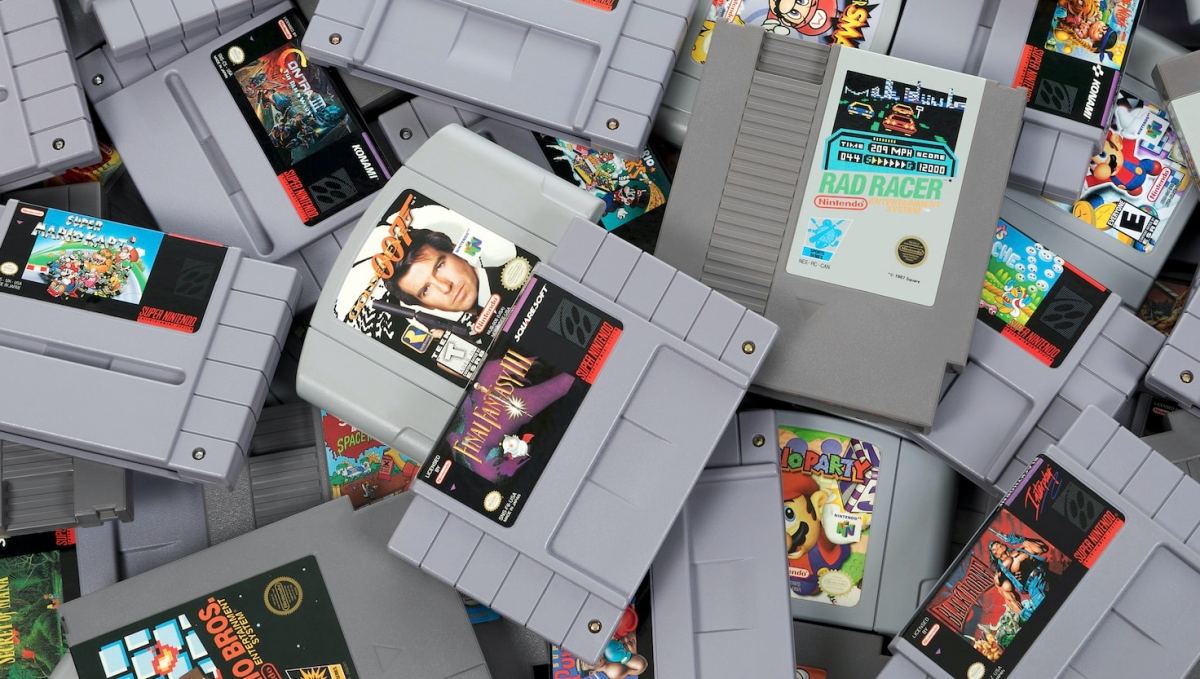The Video Game History Foundation is calling for changes to institutional policies around video game preservation, in the wake of a commissioned study revealing 87% of classic video games released in the United States are ‘missing’, and now considered critically endangered.
According to this research, availability of classic video games is ‘low across every platform and time period tracked in the study’. Only around 13% of video game history is reportedly available to the public, with the rest either lost, or hidden away in private collections.
‘Imagine if the only way to watch Titanic was to find a used VHS tape, and maintain your own vintage equipment so that you could still watch it,’ the VGHF said. ‘And what if no library, not even the Library of Congress, could do any better — they could keep and digitise that VHS of Titanic, but you’d have to go all the way there to watch it.’
‘It sounds crazy, but that’s the reality we live in with video games, a $180 billion industry, while the games and their history disappear.’
Read: How museums collect video games and their history
Per the VGHF, public libraries, museum, and other repositories are actively being constrained by ‘outdated’ copyright law, which prevents even preserved games history being available to the public. While anyone can borrow classic movies, novels, and albums, existing laws in the United States and around the world reportedly prevent libraries from preserving and sharing video games.
‘Libraries and archives can digitally preserve, but not digitally share video games, and can provide on-premises access only,’ the VGHF said. It has further alleged the Entertainment Software Association (ESA) has ‘consistently fought against expanding video game preservation within libraries and archives’.
In the past, the ESA has claimed ‘there’s no such thing as an obsolete game‘ as companies can always re-utilise and repurpose their property, given video games are largely digital. This stance seems to forget that game companies have been notoriously bad at preserving their own games, and many simply don’t show an interest in reviving classic games. That leaves plenty of history to fall through the cracks.
Update 14/7/23: In a statement to GamesHub, an ESA spokesperson claimed the organisation’s position on preservation is far more nuanced.
‘ESA and its member companies have long been committed to the preservation of video games and support efforts by cultural institutions to build physical video game collections,’ the ESA said. ‘It simply is not accurate that the industry has opposed efforts by libraries to have legal access to games for preservation purposes. We believe that preservation can – and should – be accomplished without jeopardising video game companies’ rights under copyright law.’
The VGHF is arguing that, in cases where software has become abandoned or when companies are not willing to undertake their own preservation, libraries and other archives should be allowed to preserve and digitally release games, in an effort to maintain the overall history of the games industry.
‘The video game industry’s main lobbying group has successfully argued to the US Copyright Office that the industry already does enough to preserve its own history commercially, and that additional protections for preservation institutions would hurt their bottom line,’ the VGHF said. ‘We proved them wrong: the industry has actually only managed to make 13% of its history available, and it’s unlikely to get better.’
‘We’re hopeful that this study will incite change, and that video game preservation will become stronger – before we lose more.’





